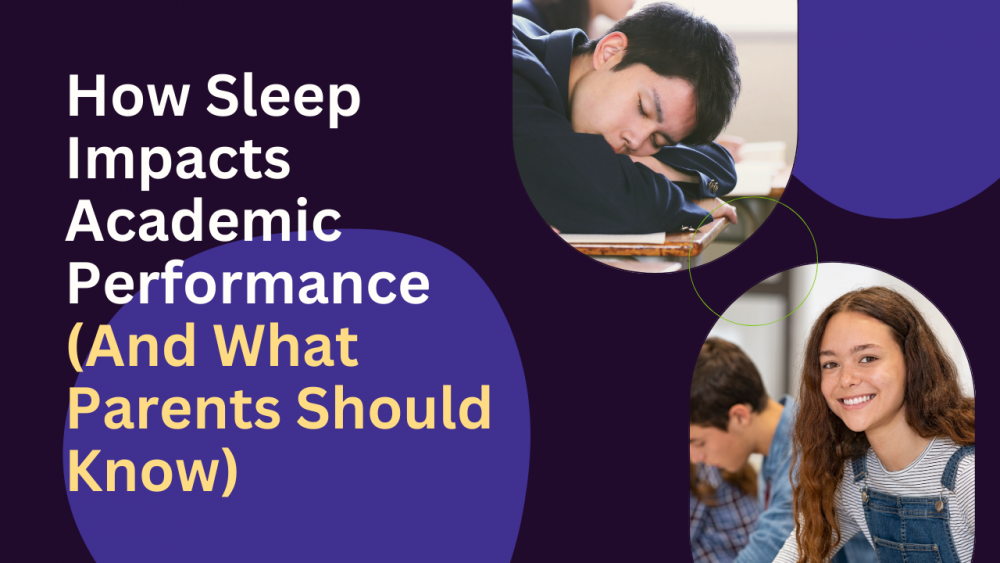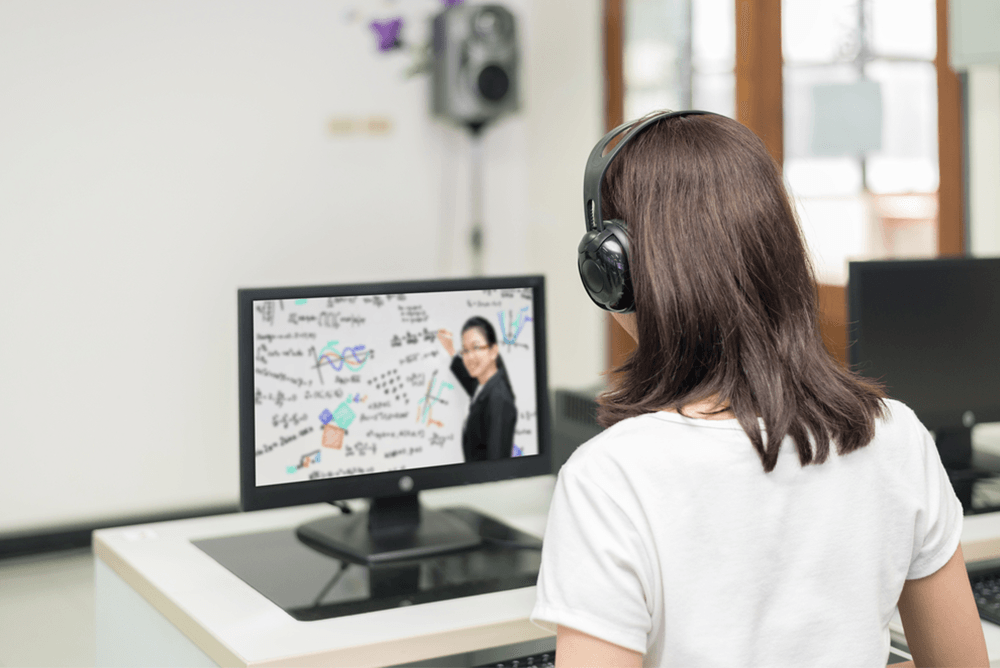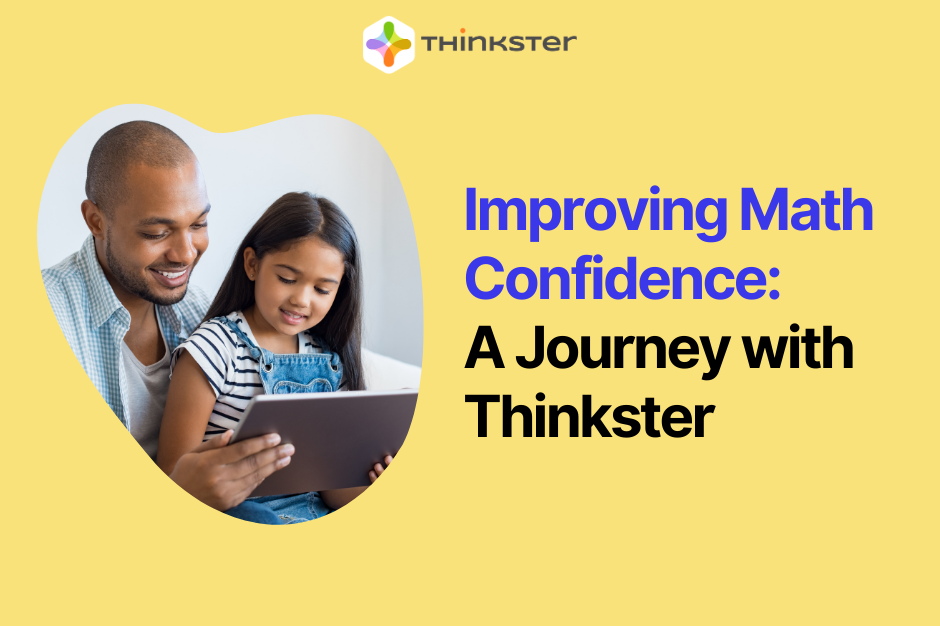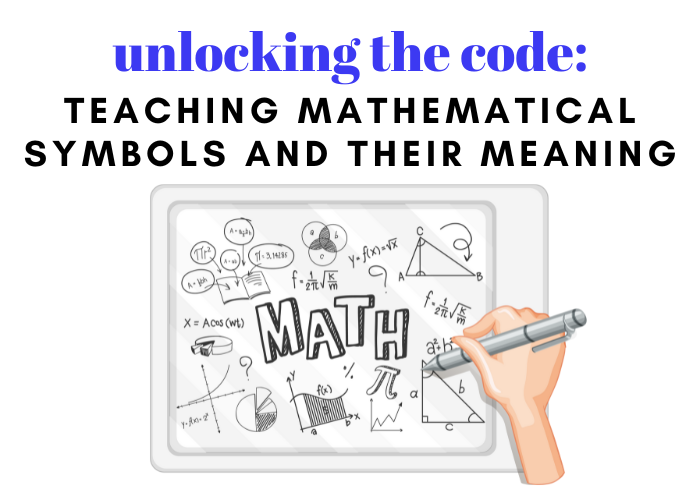

Last Updated on May 31, 2022
I recently read an interview with Professor Aswath Damodaran (New York University Stern School of Business), where he discussed the “Google Search Curse.”
Google? A curse?
How could something used by millions of people be terrible?
But as Professor Damodaran explained the ‘curse,’ I couldn’t help but agree with him.
The curse refers to the thinking process — or rather lack of thinking process — that happens when we consume information from Google.
For young students, in particular, Google has always been at their fingertips. They’re used to having instant and constant access to the internet.
Some kids are quick to type a question into Google when they need learning or math help.
While they can get an answer quickly, do they actually learn and understand what they are reading?
There are many ways that technology is incredibly beneficial – especially in education. Students, though, need to learn when and how to use Google.
Otherwise, they could fall victim to the “Google Search Curse.”
“Why don’t you Google it?”
“Tom said he Googled the answer.”
“I was Googling ways to…”
No one says they “Yahoo’ed” or “Binged.”
During the 1990s, a slew of internet search browsers emerged and fought for dominance in a burgeoning industry. There was Archie, Yahoo, Ask Jeeves, MSN, and many others, then Google on their heels and launched publicly in 1998.
But no other search engines have quite stood their own against Google – which claims popularity with over 3.5 billion searches a day.
The reason for its explosive popularity is because of the quick and easy way to obtain answers and information.
Not only that, but the answers accurately match what you’re searching for! (You can learn more about why and how Google delivers this great match because of their algorithms).
 As Professor Damodaran shares in his interview –
As Professor Damodaran shares in his interview –
“When you want to know the answer to something, and rather than thinking through to the answer, you go into Google search, type in your question, and there are a thousand people who have delivered answers.”
So naturally, with Google at their fingertips and thousands of answers and sites available, students are just as quick to turn to it as a tool for acquiring information and answers.
Google is inherently good.
The internet broke time and travel barriers that prevented sharing information, news, and data instantly.
But, when it comes to learning and developing mastery, the “Google Search Curse” may take over.
If students search ‘math problem solver,’ sites come up that actually solve Algebra, Trigonometry, and Calculus problems. Students can also use smartphone apps that scan math equations and share the answer.
Not only does the tool show the answer to the entered question, but some sites list the steps required to solve the equation!
With these tools readily accessible and easy to find, students can potentially just copy the answers and problem-solving steps when doing their homework. Doing so means that they aren’t taking the time to truly learn the theory and understand the process for when they need to solve similar questions later on.
Let’s say a student needs to answer a critical thinking question – whether for math, language arts, science class…
It takes less than 30 seconds to use Google search and find a handful of relevant website links.
Some students may craft their responses and answers by rewording and polishing the information presented on websites. In a student’s mind, the information is there — so it must be accurate and what their teacher wants!
The problem is… that this is definitely not what teachers want to see.
In addition to potentially falling into a plagiarism trap, it goes against why teachers give critical thinking questions and essays in the first place:
To assess what students know and understand from their lesson.
Can students take data, facts, and information to make their own inferences and interpretations?
Can they tap into their thinking skills to prove their understanding and learning?
By looking up answers on their smartphones or laptops, they may take what’s instantly available and merely regurgitate the information.
As a result, they may not develop and deliver their own analysis and insight. They may not fully develop and nurture their critical thinking skills — which are incredibly important for future academic and life success.
A 2015 study looked at the effects of smartphones on cognitive thinking skills.
Gordon Pennycook, one of the co-authors of the study, says that those that use smartphones for information rely on them, “to sort of do the thinking for them. They may look up information that they actually know or could easily learn, but seem to be unwilling to make the effort to actually think about it.”
This becomes quite dangerous for students, in particular, who are encouraged to work independently and learn through the process of practice and failing. Instead of taking the time to work through these steps, they may want to get answers quickly and move to the next task. In doing so, they don’t expose themselves to a learning process.
Terry Heick, the founder of TeachThought, says, “Because we’re so busy, we have this false security that we understand something because we Googled it. Now we’re moving on to the next thing instead of really rolling around with this idea and trying to understand it.”
Just like how reading a piano composition once doesn’t make you an expert on the piece, reading information online doesn’t mean that you learn and understand it.
For students, this clear distinction is important. They need to practice and learn how to use online information to answer problem-solving questions. The ability to do so successfully leads them to mastery and true learning.
In the 1970s, if asked to write a paper comparing a modern-day hero to Beowulf, it could take a student hours to comb through resources in the library.
To write that same paper in 2019, it takes 5 seconds to find a handful of credible resources, then a quick “Control+F” to find a passage within the webpage with that relevant information.
Or, instead of waiting to hear the 5 o’clock news on the radio or television, you can search for updates and breaking news coverage at any time.
Your phone can also send you alerts and notifications with news updates — eliminating having to search and explore articles and websites!
The amount of information and resources available for knowledge acquisition is incredibly powerful and useful.
Students just need to learn how to relinquish complete reliance on Google so that it doesn’t negatively affect learning and independent thinking.
For educators, you should provide questions that aren’t easy for students to Google and stumble upon the answer.
Your teaching style and instructional methods should also keep up with the times. Take a step back from providing students research questions or writing essays where they pull information from the internet. Instead, use scenario-based learning, challenge-based learning, and simulations to create more memorable learning experiences. You can check out more tips for teachers here.
 For parents, there are ways you can foster and develop a healthy relationship with Google and technology.
For parents, there are ways you can foster and develop a healthy relationship with Google and technology.
Encourage open communication and dialogue. When your child has questions, they can come to you. Instead of answering with short responses, pose questions to them as well to create meaningful discussions.
You should also ensure that your child uses Google effectively and appropriately. Google offers training and resources for students so that they can improve their digital literacy and learn how to search effectively. Spend time with your child and help them understand when they should use technology as a resource for help.
For students that take their analytical or reasoning-based homework questions to Google, results do pop up. Articles, journals, blogs, and videos offer opinions and analysis on nearly any searched topic.
So with the ability to get answers or opinions on nearly any subject, it may seem like a great idea to use Google for homework or math help.
In addition to math problem solver websites and apps, there are other tools that offer shortcuts.
Like a calculator. It’s a tool that’s convenient and easily accessible, but it affects the developing and maintaining mental math skills and fact fluency.
This is true, not just for students, but for adults too.
I was guilty of this when I recently played a board game with a friend and used a calculator to figure out my final score. If I had used mental math, it would have taken maybe 20 seconds to compute my score. Using a calculator took 5 seconds.
Looking back, it seems lazy and ridiculous that I used the calculator app on my phone.
It led me to wonder more about students and their views on technology –
Do they understand the importance of developing computational fluency since calculators are on every digital device? Are they going to rely on calculators and apps to solve problems?
And the bigger question:
At what point does having Google, apps, and calculators lead to math help or prevent skill building?
If you rely on a calculator completely, you lose the ability to visualize and understand problems.
Take, for example, when you’re ordering pizza and debating between ordering two 8-inch pies or one 16-inch pie.
Do you get the same amount of pizza in both scenarios?
If you take a moment to go through the math, definitely not! In fact, one 16-inch pie gives you quadruple the area of one 8-inch pie!
Here’s more on the simple math that helps you the best value and most pizza –
Figuring out the best pizza value requires visualizing and taking a moment to think through the problems. Pulling out a calculator isn’t quite enough if you don’t understand the formula for calculating the area of a circle.
Figuring out the best pizza value requires visualizing and taking a moment to think through the problems. Pulling out a calculator isn’t quite enough if you don’t understand the formula for calculating the area of a circle.
This is why there needs to be a careful balance between using math apps, calculators, and Google instead of taking the time to visualize and work through problems.
Open up a conversation with your child to understand why they use Google to search for homework or math help.
Is it because they are stuck on a problem and just want an answer? Why are they stuck on a question?
If your child is genuinely having trouble in math or other classes, then it’s important to discuss different ways they can get assistance. They can stay after school with their teacher, or you can find them a math tutor.
Since your child’s Google searches hint they are digitally inclined, an online math tutor or online math program is a great option to consider!
 With Thinkster Math, for example, your child gets a customized learning plan that includes topics and skills they need to improve and develop.
With Thinkster Math, for example, your child gets a customized learning plan that includes topics and skills they need to improve and develop.
Their math tutor reviews their assignments daily and conducts one-on-one interactive coaching sessions. Your child gets the help and support they need to know what strategies to use and to understand the strategies! They can then use this understanding when tackling future problems.
Ensuring your child learns math concepts and topics at their learning pace eliminates future chances they may turn to Google for math help in the future!
Knowledge and data are at our fingertips because of the Information Age.
It started with using search engines on computers that required dial-up to connect to the internet.
Now, you can wireless access information from phones, tablets, and computers in a matter of seconds.
It is beyond powerful to have the ability to acquire knowledge and information instantly. We just need to be mindful of our reliance on computers or Google searches to ensure they don’t do the “thinking” for us.
While Google is a starting place to pick up pieces of information, it should not be your child’s go-to for true learning or math help.
When it comes to learning, your child must know how to use technology to their advantage as they unravel and explore information. They should then work on synthesizing and analyzing this information on their own.
Empowering students with strong analytical and critical thinking skills prevents them from falling victim to the ‘Google Search Curse.’
After all, we don’t want students to tell us, “I learned it from Google.”


